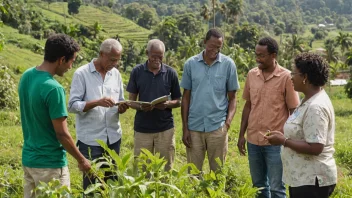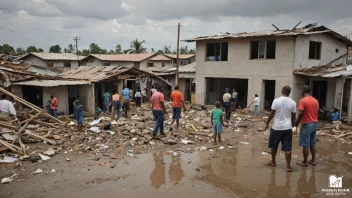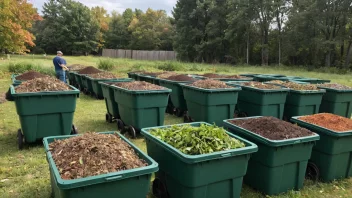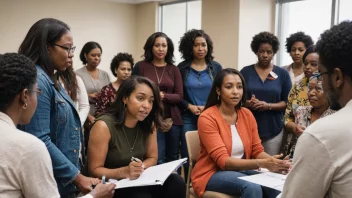In a world increasingly faced with complex challenges, the role of youth in humanitarian initiatives cannot be overstated. Engaging young people in community service fosters a sense of responsibility and empowerment, equipping them with the skills and passion necessary to drive social change.
Youth engagement in humanitarian efforts takes many forms, from volunteering in local shelters to participating in global initiatives that address pressing issues like poverty, health, and education. By involving young people in these activities, we not only benefit from their energy and innovative ideas but also help cultivate a generation that understands the importance of solidarity and compassion.
One of the most impactful ways for youth to get involved is through educational programs that emphasize the significance of social justice. Schools and community organizations can implement curricula that focus on global issues, encourage critical thinking, and inspire students to take action. For example, workshops on disaster relief can teach young people how to respond effectively in emergencies, while discussions on environmental protection can ignite a passion for sustainability.
Moreover, mentorship plays a crucial role in youth engagement. Experienced volunteers can guide young people, helping them develop their skills and confidence as they navigate the complexities of humanitarian work. Initiatives like peer-led workshops or youth councils can empower young individuals to take charge of their projects, fostering leadership skills and a deeper understanding of community needs.
Social media has also become a powerful tool for youth engagement. Platforms like Instagram, TikTok, and Twitter allow young people to raise awareness about humanitarian issues, share their experiences, and mobilize others to join their cause. Campaigns that go viral can inspire collective action, showing that even small efforts can lead to significant change.
In addition to local efforts, youth can engage in international humanitarian initiatives. Programs like exchange visits or international volunteering provide young individuals with a unique perspective on global challenges. These experiences can transform their understanding of cultural diversity and the interconnectedness of global issues, inspiring them to advocate for systemic change.
As we look to the future, it is essential to continue fostering youth engagement in humanitarian initiatives. Encouraging young people to participate not only builds their capacity but also strengthens communities and creates a more just and equitable world. By investing in their potential, we are investing in a future where compassion and action go hand in hand.
In conclusion, the involvement of youth in humanitarian initiatives is vital for addressing the challenges of our time. Through education, mentorship, and the use of social media, we can inspire the next generation to become active participants in creating a better world. By empowering young people today, we are ensuring a brighter, more compassionate tomorrow.






